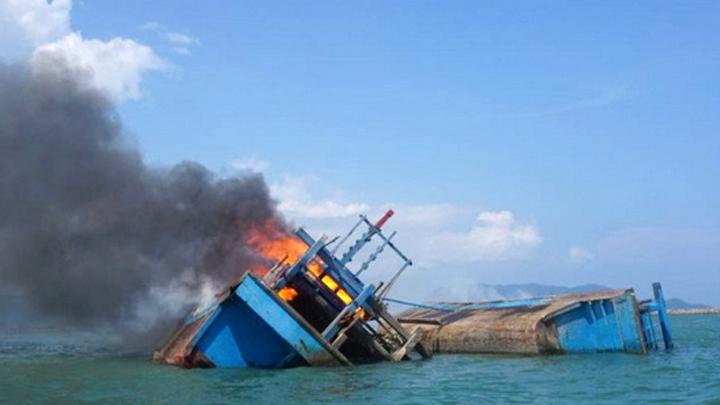
TEMPO.CO, Kendari - A large number of coral reef ecosystems in Southeast Sulawesi have suffered heavy damages. The condition is evident in the region's low levels of hard coral coverage and high rubble and elevated sedimentation rate. Damages are mainly caused by increasing nickel mining activities in the region.
Another threat surfacing in the region is the blooming of the Crown of Thorns (Acanthaster planci), a species of thorny starfish, which growth rate reaches up to 30 species based on data sample of a biophysical study conducted in Southeast Sulawesi on October 14 to October 25, 2016.
In addition, the prevalent use of bombs also pose severe threats to the coral ecosystem in the region. Even worse, the expedition team discovered that in coastal villages, some people continues to turn to coral as foundation of their house.
Despite all of the threats, the Southeast Sulawesi coastal ecosystem is expected to fully recover. In several locations, the expedition team noted a significant growth of new corals (small, hard corals), high levels of hard corals coverage, schools of unicorn fish and yellowtail baracuda, and a wide range of protected species, such as hawksbill turtles, green sea turtles, leatherback turtles, whales, whale sharks, dolphins, and manta ray.
"To optimize the marine conservation area network plan in Southeast Sulawesi, a biophysical study has been done to evaluate the correlation between areas. The study has resulted in a recommendation for the establishment of three groups of marine conservation areas in the province, in which the Lasolo Bay Marine Park (TWAL) and Southeast Sulawesi Marine Protected Area (MPA) belong to one of the groups," said Anung Wijaya, Conservation and Rehabilitation staffer of the Southeast Sulawesi Marine and Fishery Department, also a member of the expedition team.
Imam Mustofa, Sunda Banda Seascape and Fisheries Leader of WWF-Indonesia, said that "the expedition is one of WFF-Indonesia’s efforts to support the establishment of Southeast Sulawesi MPA. The commitment must be followed through by carrying out more intensive, strategic conservation efforts to transform the area into an MPA, to preserve marine ecosystem, and to boost sustainable social-economic benefits to society."
FIRMAN MAULANA























